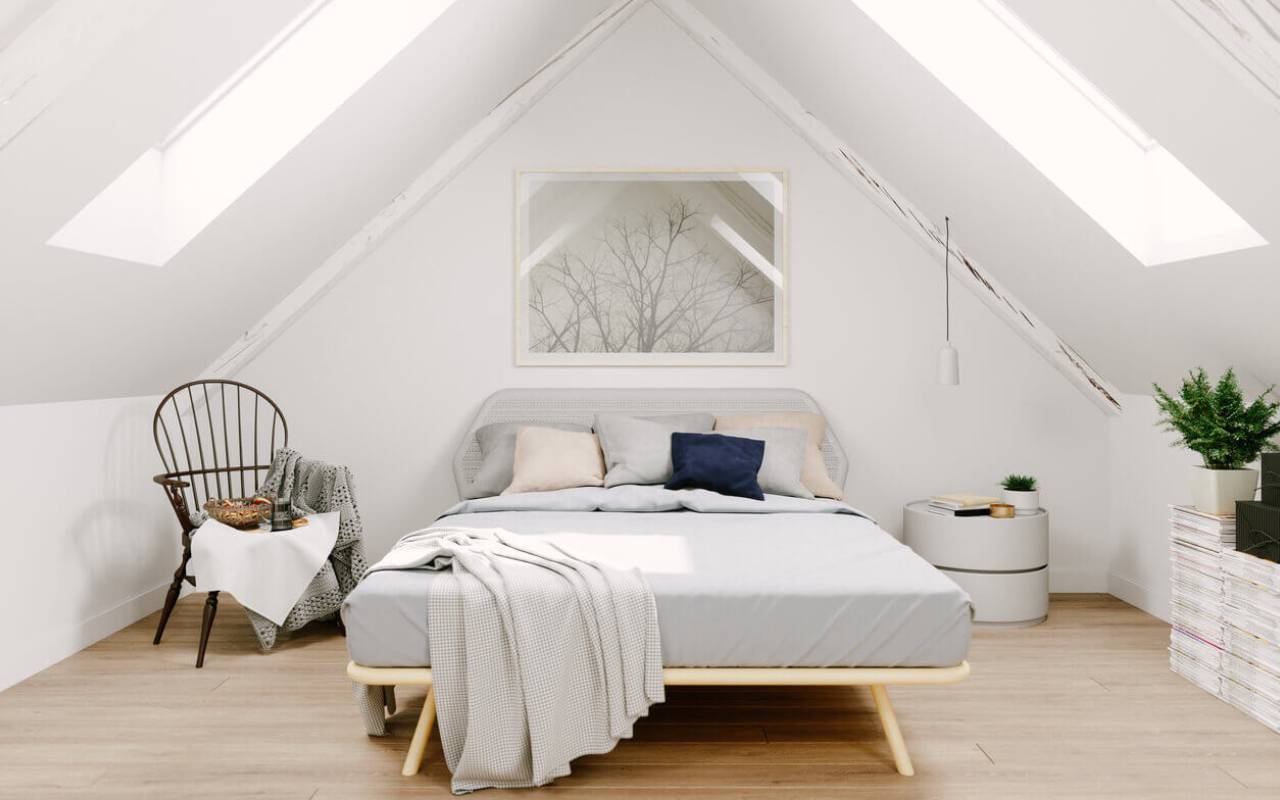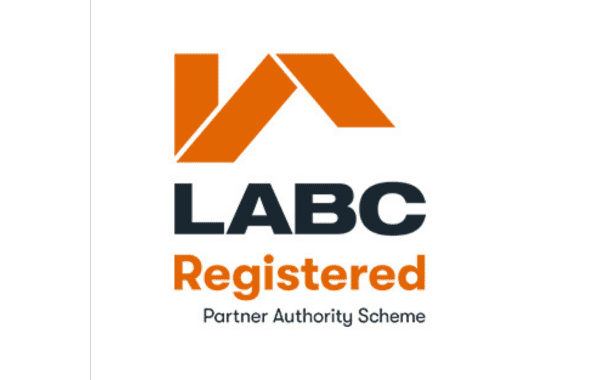With the increasing population, space constraints, and price hikes, it’s a big hassle to shift to a bigger space. That is why many people in the UK are moving towards more accessible options like loft conversion and house extensions.
Loft conversions and house extensions are a great way to increase your house’s space and value to a significant ratio while not breaking the bank. However, it can be confusing to decide which option is more suitable for you. Read the blog to find the answer to figure out this confusion.
Factors to Consider for Choosing the Right Option
If you are considering enhancing your space and looking for either of the options, then you must consider the following decisive factors:
- What are the project objectives? Why do you need that space? Do you need a lawn, a bedroom, a wardrobe, or a spare room? Based on these objectives, you can get a direction.
- Consider your time and budget. Do you have enough budget? Can you afford the expenses of a house extension, or do you have budget and time constraints?
- Another important factor is how much dedicated you are to endure the disruption caused by the project. House extension requires a major portion of your home to be excavated to start and continue the project. It may sometimes even demand a complete temporary excavation or shift. So, choose wisely.
- Do a cost-benefit analysis and see if the cost required is worth it or not. Also do consider how much value it will add to your house. Do you need it for your personal use, or do you want it to sell or rent out your property? Clear the objectives and then decide.
- Always choose to take and consider the advice from professionals like MCA Designs. Our architectures consider your objectives, see the conditions, budget and time specifications and give you a highly practical solution and work design.
Read the blog further while considering these factors in mind to help you decide what you find a suitable option.
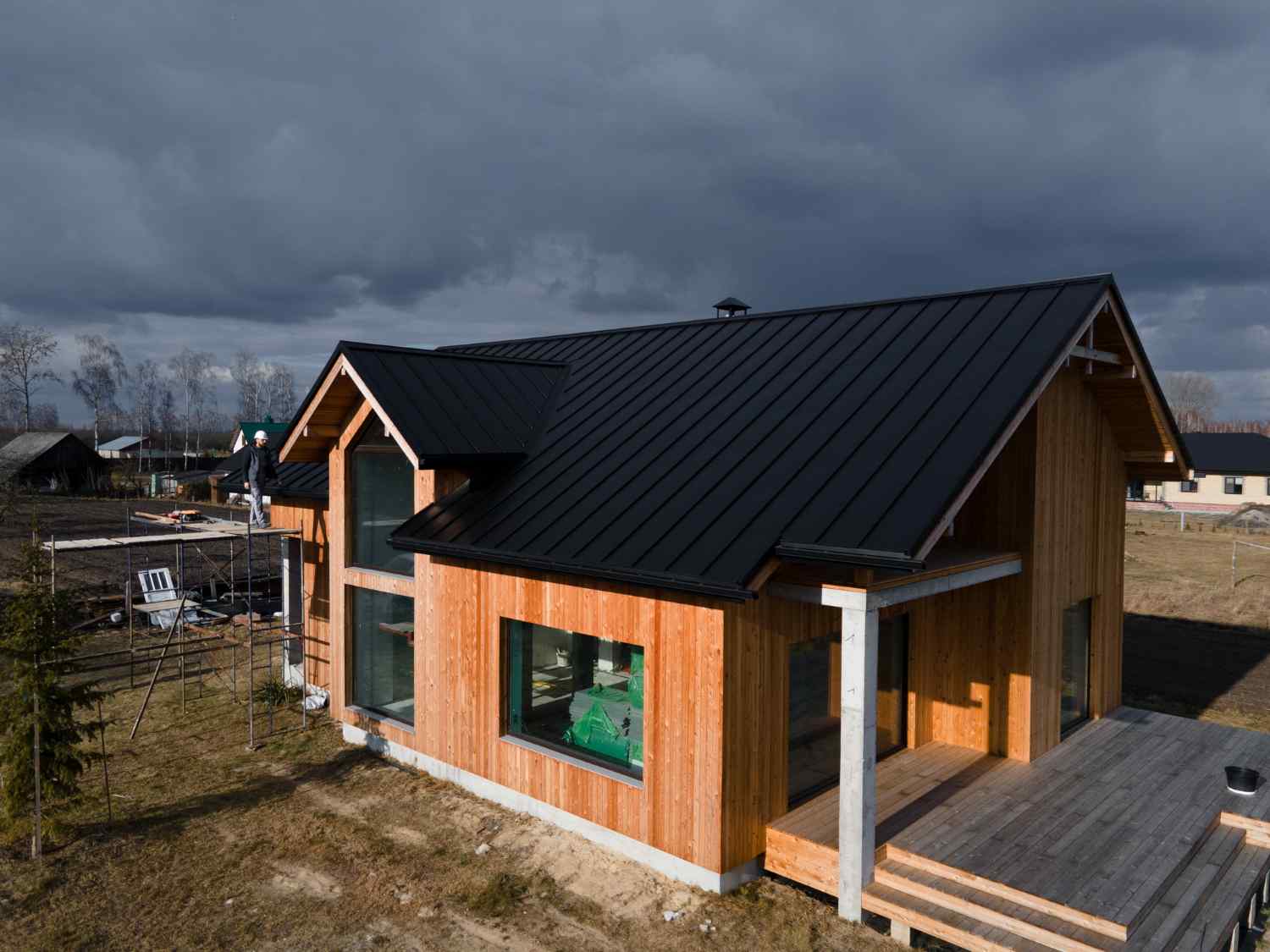
Home Extensions Vs Loft Conversions
Home extension means utilising the outdoor space in your vicinity and turning it into a functional structure that may or may not be connected with the existing structure. It is a great way to add more space that can be used as an office, living room, extended kitchen, bathroom or simply just to allow more air and natural light into your space. It allows the following options:
- Side return extensions
- Rear extensions
- Double-storey extensions
- Wrap-around extensions
On the other hand, loft conversion means converting your attic into a functional space. It is a cost-effective way to declutter and organise your space. It gives you multiple options. From gym, living room, office, and work studio to converting it into a personal library bedroom or bathroom, the options are endless! Here are the types of loft conversions:
- Hip-to-gable loft conversion
- Dormer loft conversion
- Velux loft conversion
- Mansard loft conversion
Both the options have their own pros and cons. Here, we have mentioned the major differences between both options. They will help you get a direction and choose wisely!
Cost
Your budget is a decisive element that can decide which option is achievable for you. The cost of every project is dependent on various key factors like complications and scale of the project, the time required, what type of conversion/extension you want, and who the contractors are. However here we have mentioned an average cost to help you get an estimate.
Here are the detailed costs of loft conversion and house extension in the UK in 2024.
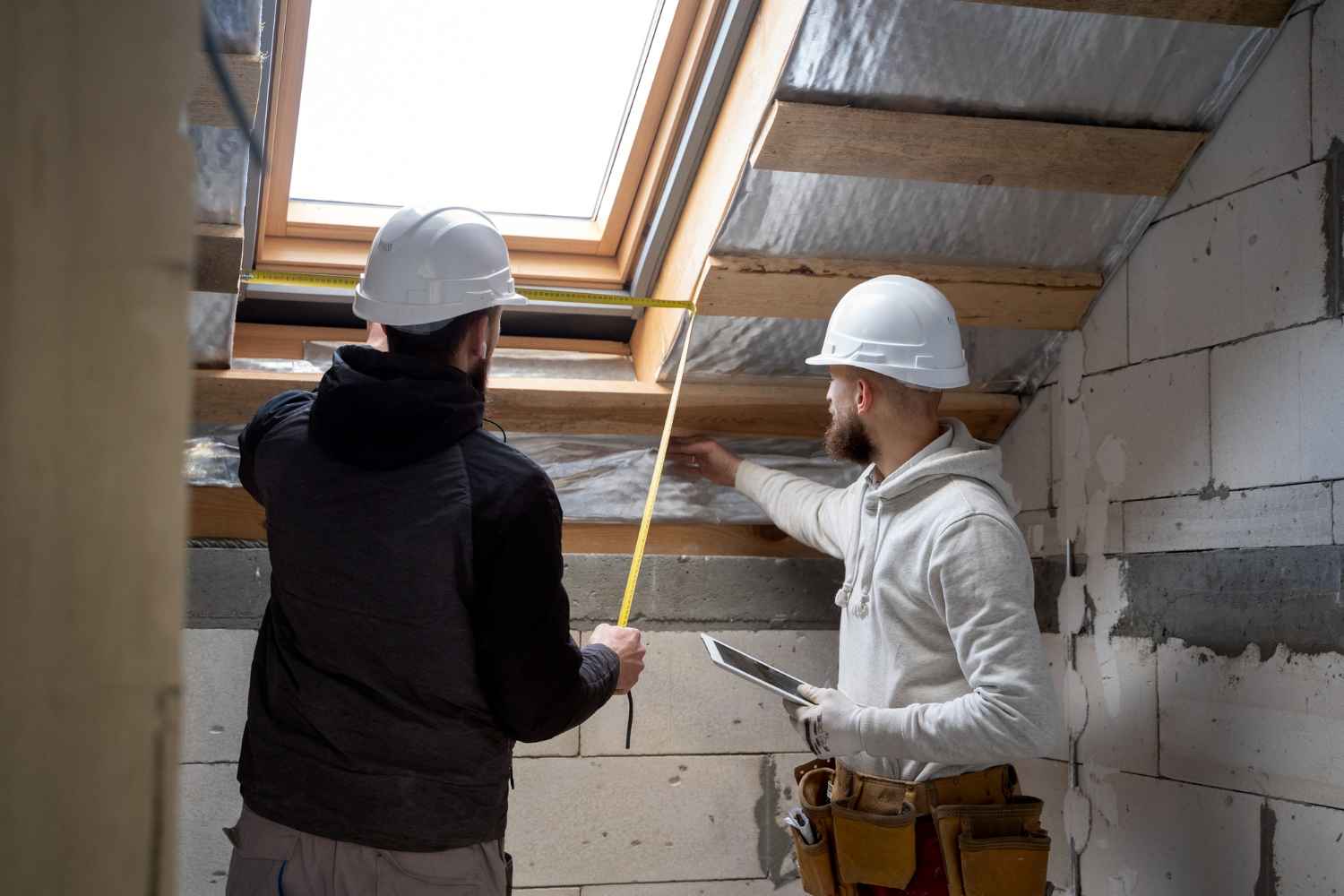
Cost of Home Extensions in 2024
Home Extension Type | Average cost |
Basement extension | £120,000 – £160,000 |
Rear extension | £50,800 – £80,700 |
Side extension | £60,250 – £73,200 |
Single-storey extension | £45,000 – £75,000 |
Double-storey extension | £73,800 – £142,350 |
Wrap-around extension | £63,000 – £106,600 |
Garden room | £8,000 – £27,500 |
Prefab extension | £45,000 – £55,000 |
Conservatory | £30,000 – £40,000 |
Cost of Loft Conversion in 2024
Type of Loft Conversions | Cost £/m2 |
Hip-to-Gable Loft Conversion | £1200- £2000 |
Dormer Loft Conversion | £1500-£2500 |
Mansard Loft Conversion | £1800-£3000 |
Velux/Roof Light Loft Conversion | £1000-£1500 |
Planning Permission
Most of the loft conversions fall under the Permitted Development Rights, so you don’t usually need Plaaning Permission. However, if you are changing the pitch or height of your roof or planning other significant changes, you may need to consult with the local authorities to see if you need to acquire Planning Permission or not.
On the other hand, home extensions mean increasing the space outward. It may or may not require planning permissions, depending on the project specifications. But in most of the commonly preferred extension types may require planning permissions that may consume a lot of time.
So, if you want to save yourself from the hassle of paperwork, then a simple loft conversion or home extension is the most suitable option.
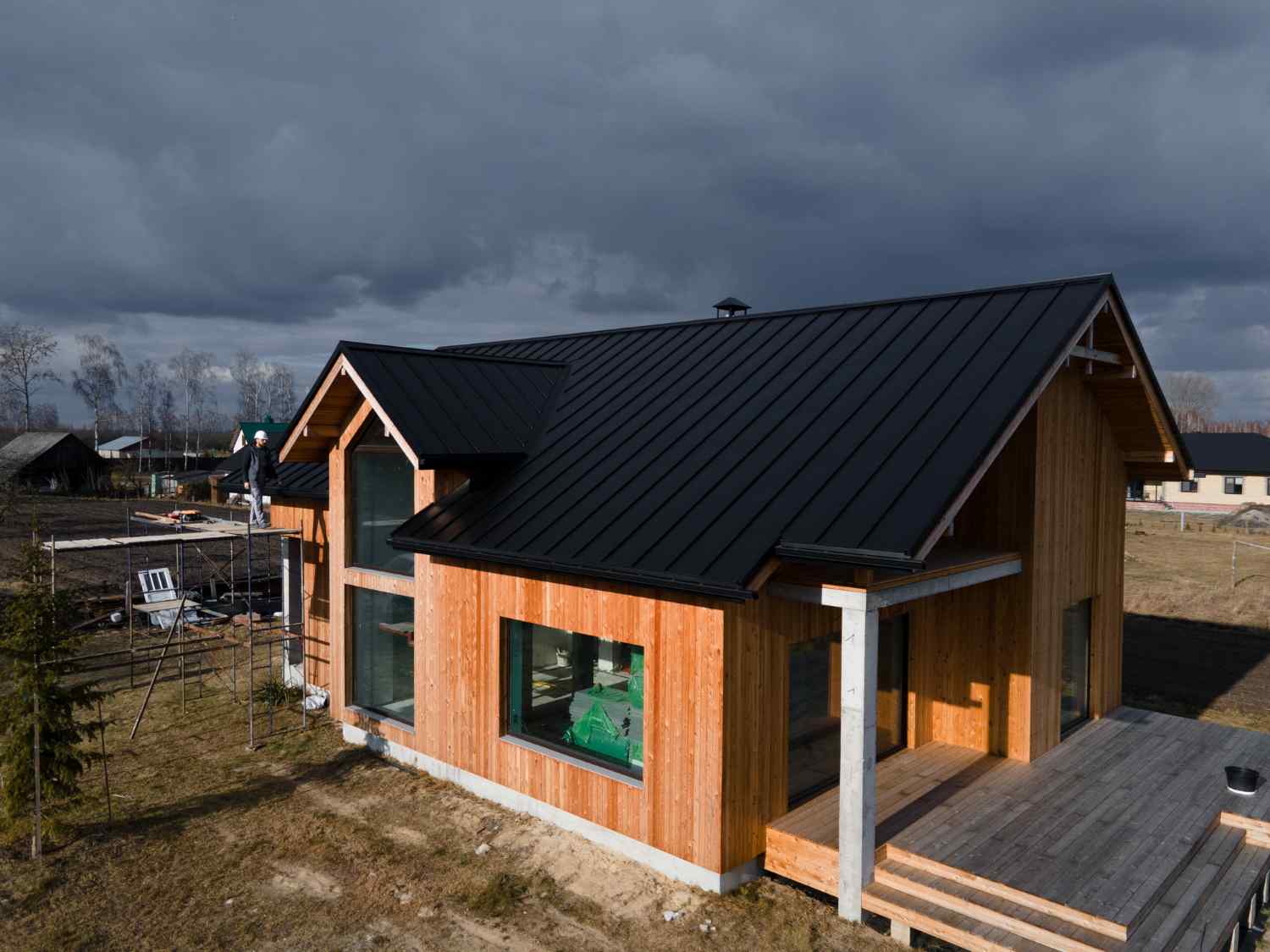
Disruption
Loft conversion deals with your attic, which is on a separate side from the rest of the house. So it doesn’t affect your daily activities or require extensive excavations. You just need to clear the attic, and the builders do their work.
However, a house extension may disturb a significant portion of your home. If you are undergoing a kitchen extension, let’s say, then your whole kitchen would be bound too along with other surrounding areas. So, it can be an inconvenient option, disturbing your daily chores.
Time
If you are rushing and don’t want to wait for long, then you should definitely choose loft conversion. It can be completed way more fastly with fewer disruptions than home extensions. On average, they require time as:
- Home extension 16-15 months
- Loft conversion 6-8 weeks
Again, the period may vary depending on the project requirements and specifications, but loft conversion undoubtedly is a faster way.
Value
A loft conversion can increase your house value by up to 20%! On the other hand, a home extension project like a large single-storey kitchen extension can add 15% to your property’s value, whereas a double-storey extension can add around 20%! So, the difference is more or less the same.
Variety of Options
Though both options offer diverse solutions and conversion ideas, they are limited when it comes to loft conversion due to headspace and other space constraints. But with house extensions, you don’t have such space issues giving you countless options.
What’s Right for You?
After reading the blog you must have gotten the clarity on how to choose what is the right option for you. However, if you are still struggling to choose, then don’t worry, as many people struggle with that.
It is a big one-time investment, and the decision must be taken after a thorough analysis. Consider seeking help from the experts at MCA Designs. We have a highly customer-centric approach that makes us stand out in the industry. We are your trusted partners! Contact us today.

